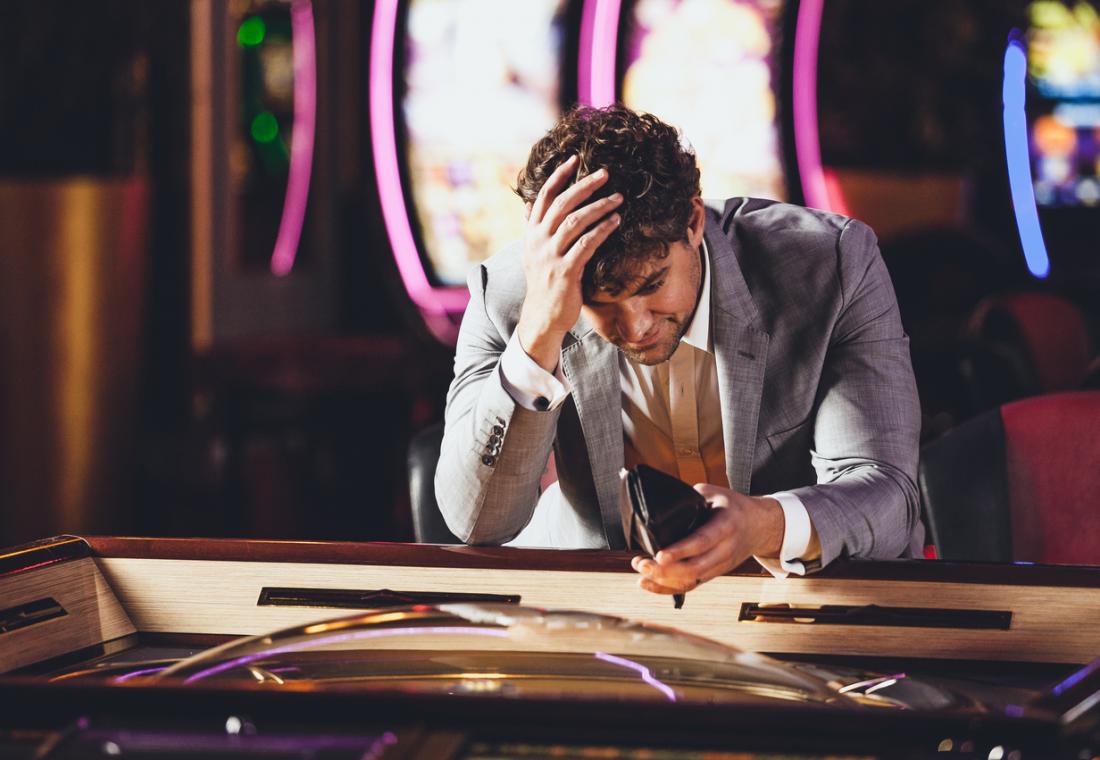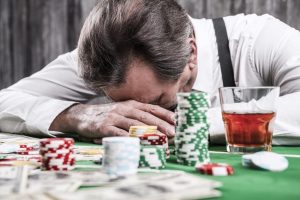Few activities hold as much allure and excitement as gambling in leisure and entertainment. Whether it’s the roulette wheel’s thrill, the poker’s strategic maneuvers, or the compelling reels of a slot machine, gambling has fascinated individuals for centuries. However, a pertinent question often arises: is gambling stressful? In this comprehensive article, we delve deep into the intricacies of this age-old pastime to shed light on the various factors that contribute to its potential stress-inducing nature.
Understanding the Psychological Factors at Play
When contemplating the potential stress associated with gambling, it is essential to consider the psychological aspects involved. The allure of a potential win and the fear of losing hard-earned money can create excitement, anticipation, and anxiety. This emotional rollercoaster, unique to gambling, can be both exhilarating and stressful for individuals.
The Role of Risk and Uncertainty
One primary factor contributing to the stress experienced during gambling is the inherent risk and uncertainty involved. The possibility of losing money and unpredictability of outcomes can create a sense of unease and apprehension. It is important to note that different individuals may respond differently to this level of risk, with some finding it thrilling, while others find it distressing.
Financial Implications and Consequences
Financial implications play a significant role in determining the stress levels associated with gambling. For some, gambling may be a recreational activity with a predefined budget, allowing them to enjoy the experience without significant financial strain. However, gambling can lead to financial hardships, debt, and emotional distress for others. The potential loss of assets, including savings and personal belongings, can intensify the stress experienced by individuals.
The Impact of Addiction and Compulsive Behavior
Another aspect closely intertwined with gambling stress is the potential for addiction and compulsive behavior. The constant urge to gamble, the inability to control impulses, and the subsequent consequences can create a vicious cycle of stress and anxiety. Stress levels can reach alarming heights for individuals who struggle with gambling addiction. Individuals must seek appropriate support and professional help if they suspect they have developed an addiction.

The Role of Social Pressure and Stigma
In addition to the internal factors contributing to gambling-related stress, social pressure and stigma can further exacerbate the situation. The fear of judgment, shame, or the perceived notion of failure can weigh heavily on individuals who engage in gambling activities. This external stress can compound the internal turmoil and create a challenging environment for those seeking solace and support.
Coping Mechanisms and Responsible Gambling
Despite the potential stress associated with gambling, it is important to acknowledge that there are ways to mitigate its impact and foster a healthier relationship with the activity. Implementing responsible gambling practices can help individuals maintain control over their actions and make informed decisions. Setting limits on time and money spent, seeking support from loved ones or professional helplines, and engaging in alternative activities can all contribute to a more balanced and enjoyable experience.
Conclusion: A Nuanced Perspective
In conclusion, the question of whether gambling is stressful does not have a one-size-fits-all answer. The stress experienced during gambling can vary greatly depending on individual factors, including psychological makeup, financial circumstances, and level of self-control. While some individuals find gambling a refreshing and thrilling pursuit, others may experience significant stress, leading to negative consequences. Understanding the complexities of gambling and fostering responsible habits can help mitigate the potential stress associated with this age-old pastime.








